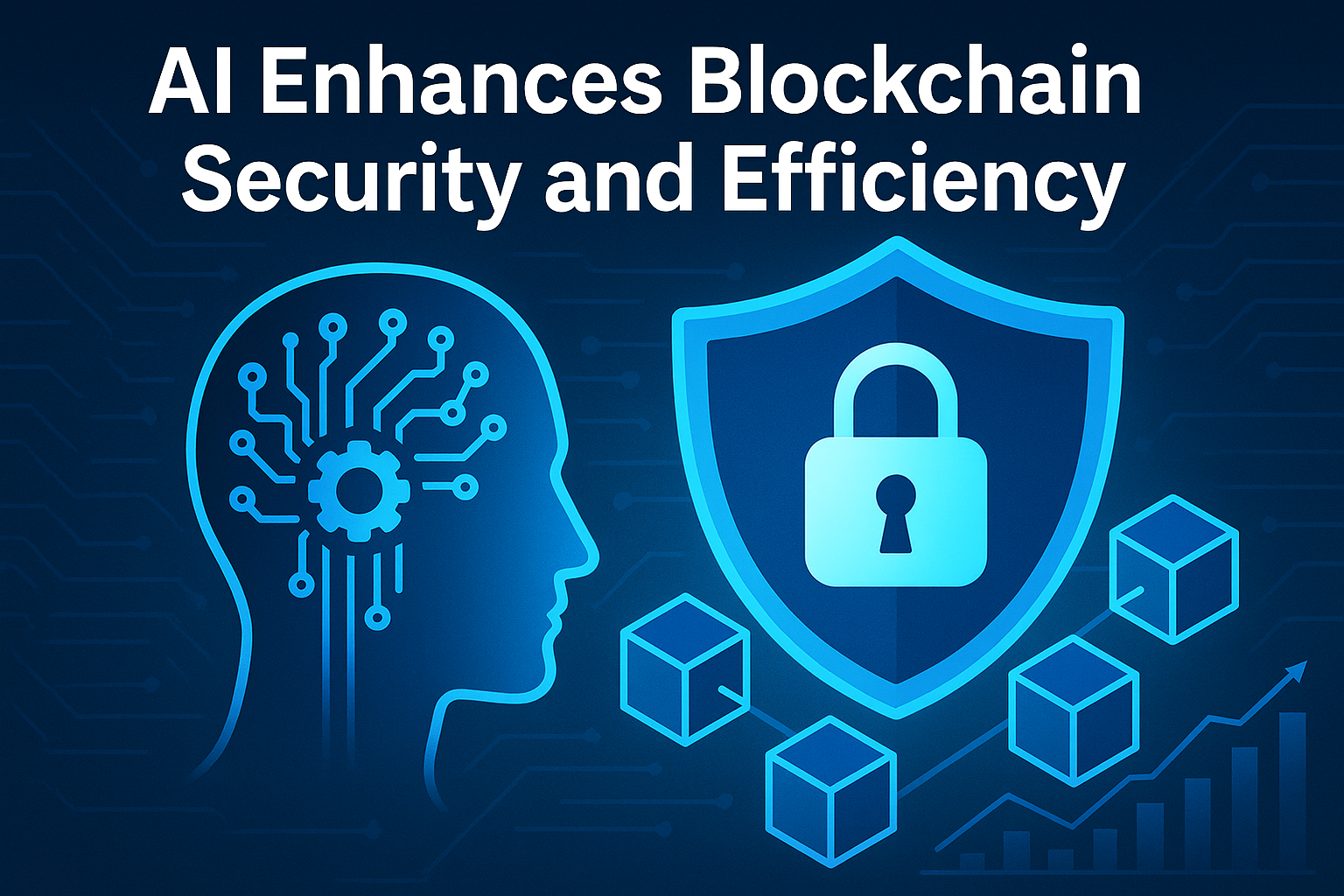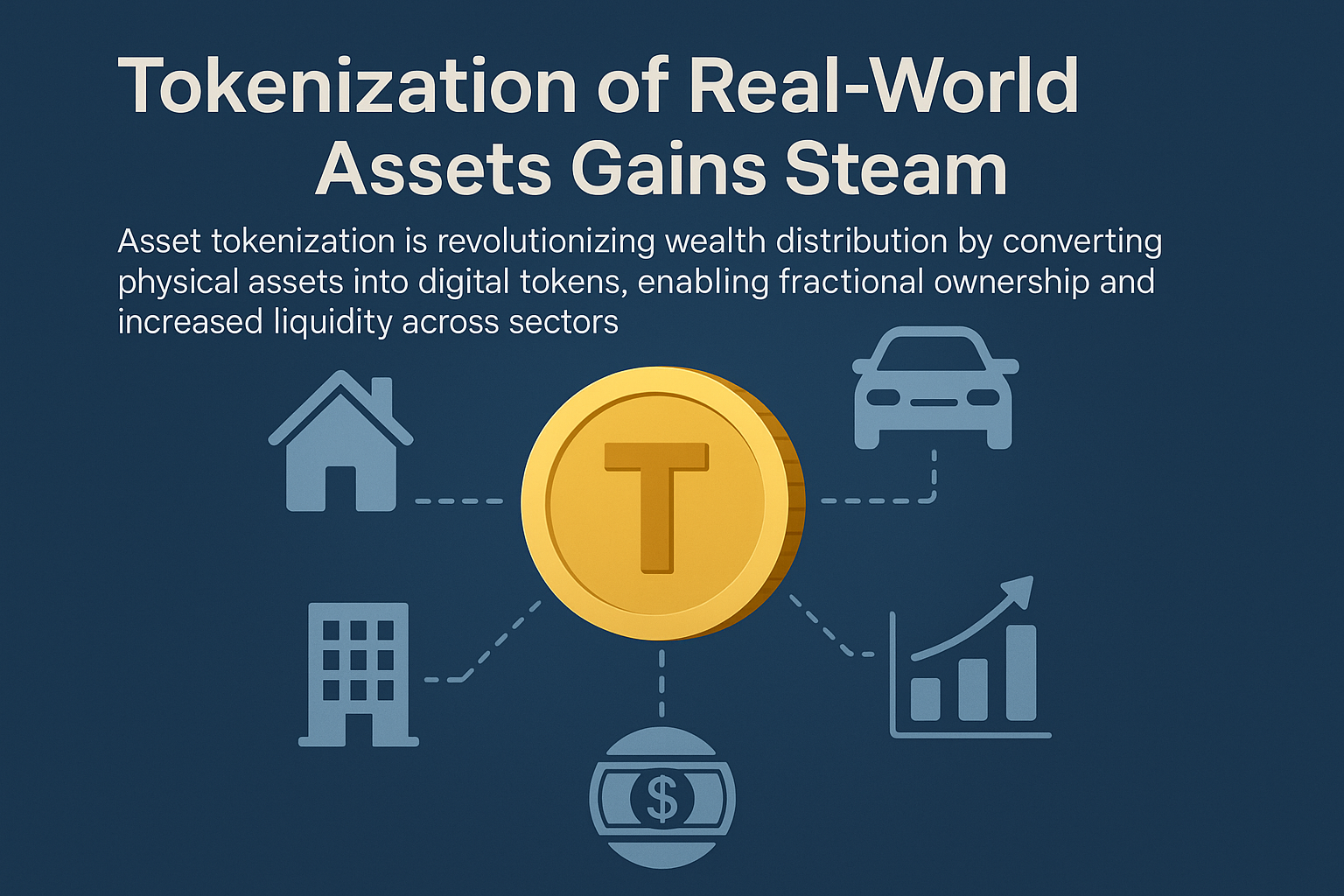In the global race to harness emerging technologies, two fields consistently dominate the conversation: artificial intelligence (AI) and quantum computing. While AI has already embedded itself into countless industries, quantum remains at an earlier but equally transformative stage. Recognizing this, IBM Ventures has declared that it views quantum as no less critical than AI, and is investing heavily in building the future of the quantum software ecosystem.
Why Quantum Matters as Much as AI
Artificial intelligence has demonstrated its ability to analyze massive datasets, automate decision-making, and power entirely new business models. However, AI still relies on the classical computing limits of processing speed and architecture. This is where quantum computing enters the picture. By leveraging quantum mechanics, quantum computers could process complex problems exponentially faster than classical systems, especially in areas like drug discovery, optimization, logistics, materials science, and climate modeling.
IBM Ventures sees the pairing of AI and quantum not as competitors, but as mutually reinforcing technologies. AI can guide and optimize quantum workflows, while quantum computers could one day solve optimization and simulation tasks that push AI beyond today’s boundaries. Treating them as equally important is less about rivalry and more about building a balanced innovation stack for the decades ahead.
Investment in Quantum Startups
To accelerate progress, IBM Ventures is strategically investing in startups that are shaping the quantum software ecosystem. Unlike the early days of AI, where hardware often lagged behind software breakthroughs, IBM aims to ensure that a robust ecosystem of algorithms, applications, and developer tools grows in parallel with hardware innovation.
Startups focused on quantum error correction, middleware, developer platforms, and application-specific solutions are gaining traction in IBM’s portfolio. The idea is simple: just as cloud-native startups flourished by building tools on top of the internet, today’s quantum startups could form the foundation of tomorrow’s computing infrastructure.
Partnerships with Universities and Research Institutions
IBM’s roadmap does not rely solely on private investment. A critical pillar of its strategy is a growing network of university partnerships. These collaborations are designed to foster talent pipelines, accelerate fundamental research, and train the next generation of quantum engineers and developers. By integrating academic innovation with industry expertise, IBM is laying the groundwork for a global community around quantum computing.
The expansion of partnerships ensures that breakthroughs in quantum physics and algorithm design translate into practical use cases. This is crucial for a technology still in its early days, where hype often runs ahead of reality.
Roadmap to Fault-Tolerant Quantum Computing
Perhaps the most ambitious aspect of IBM’s vision is its roadmap toward fault-tolerant quantum computing through 2029. Today’s quantum systems, while powerful, face challenges such as qubit instability and error rates. IBM’s roadmap emphasizes building scalable quantum architectures capable of delivering reliable, error-corrected results.
By setting a clear timeline, IBM not only signals confidence but also creates milestones for the industry to rally around. Fault-tolerant quantum computing could mark the inflection point where quantum shifts from research labs into mainstream industries, mirroring the way AI surged into enterprise applications in the past decade.
A Balanced Future of AI and Quantum
The commitment from IBM Ventures underscores a fundamental belief: the future of technology will not be defined by AI alone. While AI dominates headlines and adoption, quantum’s long-term potential could be equally revolutionary. Together, they represent two halves of a new computational paradigm—one focused on intelligent learning and decision-making, the other on unlocking unprecedented computational power.
For enterprises, investors, and developers, this dual focus means that innovation strategies must prepare for convergence. AI and quantum will not remain separate silos; they will increasingly intersect, enabling solutions once thought impossible.
By treating quantum as equally critical as AI, IBM Ventures is sending a strong signal to the market: the real breakthroughs of the 2030s and beyond will come from technologies working together, not in isolation. Through investments in startups, university partnerships, and a clearly defined roadmap, IBM is positioning itself at the center of this transformation.
In the years ahead, the question will not be whether AI or quantum leads the future—but how both evolve together to redefine industries, economies, and societies.




